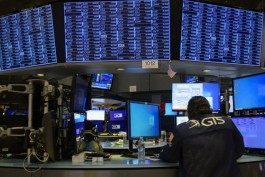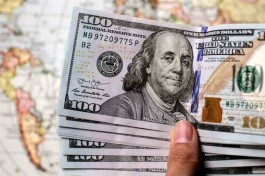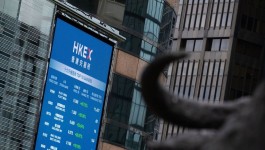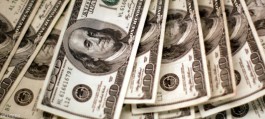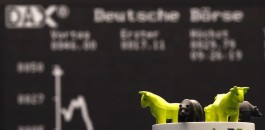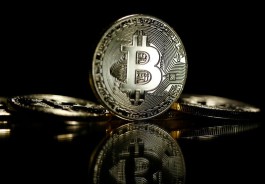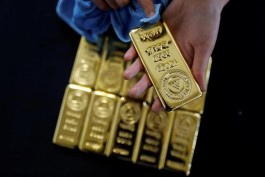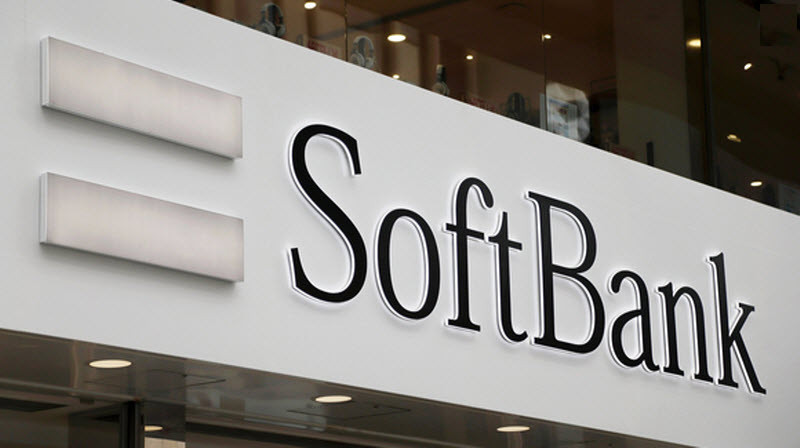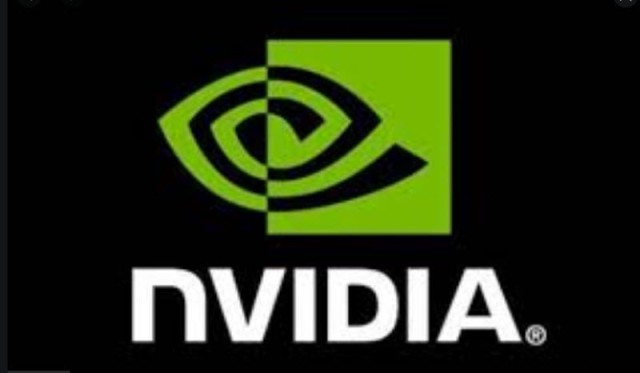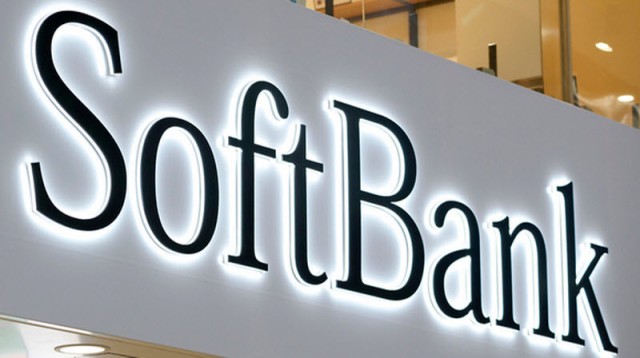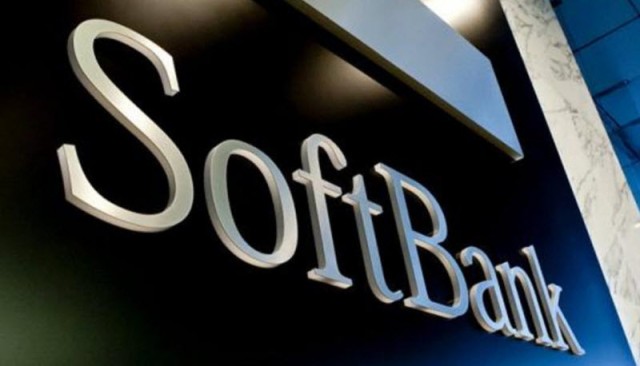SoftBank's share price jumped to its highest level in 20 years, in light of expectations that the company will resort to delisting the listing of its shares on the stock exchange.
According to Arabiya Net, last March the company announced a plan to sell assets amounting to about $ 43 billion to finance the buyback of its shares of $ 24 billion After that, founder and CEO Masayoshi Son of the company announced that it would continue a program of selling assets to finance a major acquisition or delisting the company from the stock market.
The company sold about $ 14 billion in shares of Alibaba, in addition to another stake in T-Mobile and its subsidiary Arm.
Nvidia and Arm Holdings said, earlier, that the first would buy the British chip designer from SoftBank Group for up to $ 40 billion in a deal that would reshape the semiconductor industry. Connectors worldwide.
the deal places a vital resource for Apple and many other companies in the sector under the control of a single player, and is likely to face opposition from regulators and competitors of Nvidia, the largest US producer For chips by market value.
As for Softbank, the deal is an early exit from ARM, which it bought just four years ago for $ 32 billion.
CEO Masayoshi Son has been counting too much on Aram's future, but he is reducing his stakes in important liquidity management assets.
The deal includes $ 21.5 billion in shares and Nvidia will pay Softbank $ 12 billion in cash, including two billion upon signature. Under the deal, SoftBank and the $ 100 billion Vision Fund, which has a 25% stake in ARM, will acquire between 6.7 and 8.1% in Nvidia.
Nvidia CEO Jensen Huang said the deal, which boosts his data center chip sector, supports competition.
He said the industry will see, for the first time in its history, a real alternative to Intel Corp's dominance of the sector.
As the prospects for opposition loomed, Hwang said he would maintain the neutral licensing model pursued by Aram and expand it by granting Nvidia its intellectual property licenses as well for the first time.
The British company does not produce the chips, but rather sells licenses for the technology used to manufacture them.
NamaaZone " The Power of Knowledge"
















